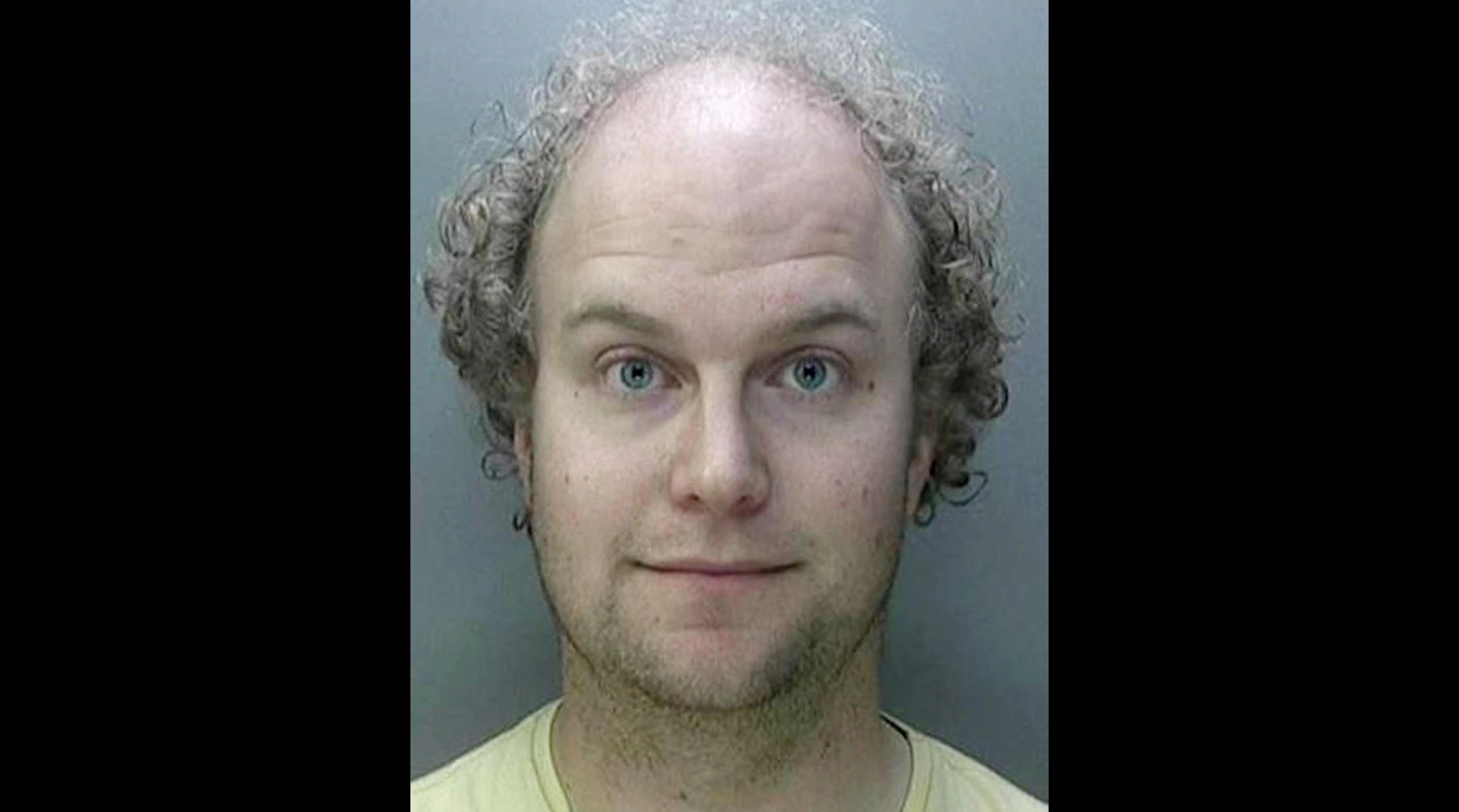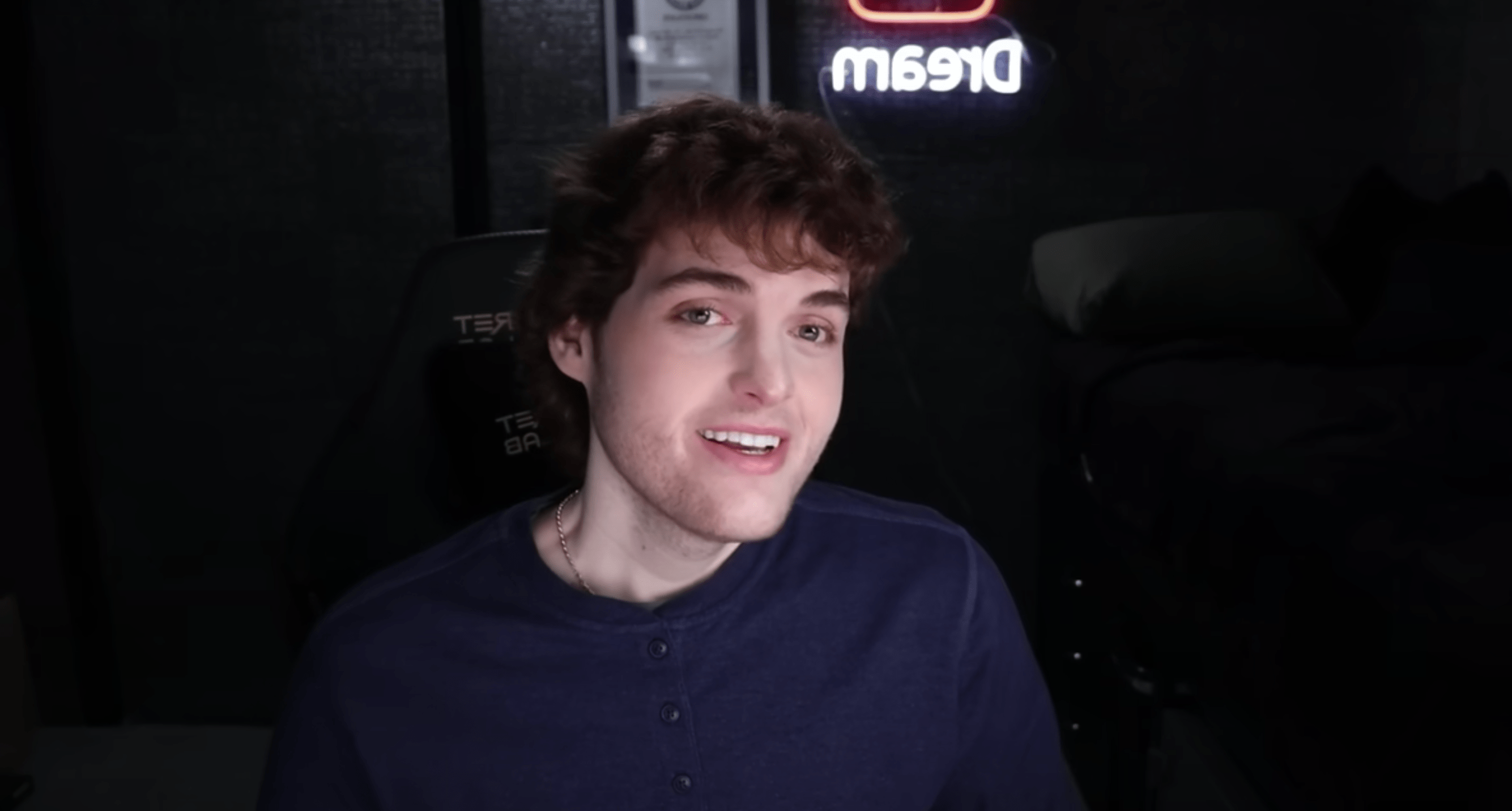Unraveling The Controversy: Is Dream A Pedophile?
In the vast landscape of the internet, few figures have generated as much discussion and scrutiny as Dream, the popular Minecraft content creator. With millions of followers and a strong presence on platforms like YouTube and Twitch, Dream has built a brand that captivates audiences worldwide. However, with fame often comes controversy, and the question of whether “is Dream a pedophile” has emerged as a troubling topic among fans and critics alike. This question not only raises concerns regarding the safety of minors in online spaces but also reflects the complexities of celebrity culture in the digital age. As we delve deeper into this issue, it’s essential to approach it with sensitivity and an understanding of the broader context surrounding online interactions.
Dream, known for his engaging gameplay and charismatic personality, has found himself at the center of numerous discussions and allegations. The internet environment can be unforgiving, and accusations can spread like wildfire, often without substantial evidence. This article aims to dissect the various aspects of Dream's public persona, the allegations against him, and the implications of such accusations in today’s digital society. By exploring the facts, we can better understand the reality of the situation and discern the truth behind the sensationalism.
As we navigate through this article, we will address questions surrounding Dream's background, the nature of the allegations, and the impact of such claims on his career and the broader community. It is vital to separate fact from fiction and to consider how rumors can affect individuals, particularly in an age where misinformation can easily proliferate. Let’s embark on this journey to uncover the truth behind the question: is Dream a pedophile?
What is Dream’s Biography?
Dream, whose real name is Clay, is an American YouTuber and Twitch streamer born on August 12, 1999. He gained fame for his Minecraft videos, particularly his speedrunning content and engaging storytelling. His rise to fame has been meteoric, amassing over 30 million subscribers on YouTube and millions of followers across various social media platforms.
| Personal Detail | Information |
|---|---|
| Real Name | Clay |
| Date of Birth | August 12, 1999 |
| Nationality | American |
| Occupation | YouTuber, Streamer |
| Famous For | Minecraft Content |
| Subscribers | Over 30 million |
What Are the Allegations Against Dream?
The question “is Dream a pedophile” surfaced amid various discussions on social media platforms, particularly Twitter and TikTok. Allegations arose from interpreted interactions between Dream and younger fans, which some critics deemed inappropriate. However, the context of these interactions often lacks clarity and depth, making it essential to examine the specifics of each claim.
Are the Allegations Based on Evidence?
When discussing such serious allegations, it is crucial to consider the evidence. Many accusations against public figures can stem from misunderstandings or misinterpretations of online interactions. In the case of Dream, some of the claims appear to be based on isolated incidents that lack substantial proof. Critics argue that without concrete evidence, these allegations can be harmful and misleading.
How Has Dream Responded to the Allegations?
In response to the swirling rumors and allegations, Dream has taken a proactive approach. He has addressed the concerns directly through social media, emphasizing the importance of protecting young fans online. Dream has consistently denied any wrongdoing and has called for a respectful discourse around such sensitive topics. His transparency has been appreciated by many supporters who believe in the importance of due process and responsible sharing of information.
What Impact Do Such Allegations Have on Online Communities?
The implications of allegations like “is Dream a pedophile” extend beyond the individual and can have a ripple effect throughout online communities. They can create a climate of fear and mistrust, particularly for content creators who engage with younger audiences. It raises questions about accountability and how to ensure safe online interactions.
How Can Fans Differentiate Between Fact and Fiction?
Fans often find themselves navigating a sea of information, where misinformation can spread rapidly. To differentiate between fact and fiction, it is essential for fans to:
- Seek reliable sources of information.
- Look for verified statements from the individual involved.
- Be aware of the potential for sensationalism in media and social platforms.
- Engage in respectful discussions rather than jumping to conclusions.
What Should Be the Focus Moving Forward?
As we consider the question “is Dream a pedophile,” it becomes crucial to focus on promoting healthy online interactions and supporting content creators responsibly. Fans and followers should advocate for transparency and accountability while also being cautious about spreading unverified claims. In the end, the safety of online communities should be paramount, ensuring that platforms remain welcoming and secure for all users.
Conclusion: Is Dream a Pedophile?
In conclusion, the question of whether “is Dream a pedophile” remains a complex topic laden with nuances. While allegations have surfaced, it is essential to approach them critically, considering the lack of substantial evidence and Dream's own responses. As fans and members of online communities, we hold the responsibility to engage thoughtfully and respectfully, ensuring that we contribute positively to the digital landscape. Ultimately, promoting a safe and supportive environment for all users should be our collective goal.



ncG1vNJzZmivp6x7s7HBnqOrmZ6YtbjFzmeaqKVfnru0tcahq6xpY2S2tHnDq5yapV2WerGxw6inoaGcmnupwMyl